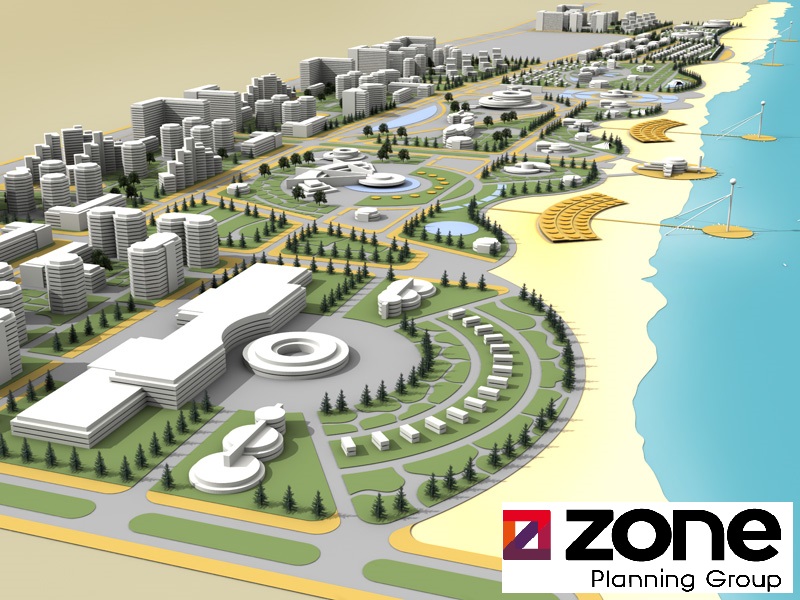
Urban and regional planning is a process that seeks to secure the orderly growth of the built environment. In this regard, it is important to understand how values influence Town Planning Wollongong processes. This paper explores how one’s values are integrated into urban and regional planning using a holistic approach. It also provides some examples of how values-based approaches can be applied in order to achieve better urban outcomes.
Values-Based Planning
Values-Based Planning is a concept of Town Planning Wollongong that is based on values. It is a way of planning and implementing that is based on values. Values are the basis of the planning process, implementation process, and evaluation process.
A Conceptual Framework for Values-Based Urban and Regional Planning.
The concept of values-based planning has been around for a long time. Values-based planning differs from other forms of planning in that it is focused on the social, economic and environmental values that are important to people and communities.
As such, this means that they consider the range of issues that affect communities at all scales. While other forms of planning may focus on specific issues or sectors, e.g., transportation or land use, values-based urban and regional planners consider all components together as part of an integrated whole.

This holistic approach allows them to tackle problems holistically rather than one by one which allows them to gain insight into how different policies interact with each other in order to achieve desired outcomes (e.g., economic development).
The Development of Values-Based Urban and Regional Planning
Values-based urban and regional planning emerged in response to the failures of modernist planning, which was overly prescriptive and focused on the needs of elites rather than those of the broader population. In contrast, values-based planners believe that there are no universal truths when it comes to planning.
Instead, they believe that there are multiple possible solutions that may be equally valid depending on the context (e.g., community).
Values-based planners believe that the best solutions to planning problems are those that are developed through a collaborative process in which all stakeholders have a voice.
A key component of values-based planning is the inclusion of multiple perspectives and experiences in order to ensure that community members’ needs are met (e.g., economic development).
Conclusion
Values-based planning is a concept that many governments and Town Planning Wollongong firm have used to guide their decision-making processes.
The idea behind values-based planning is that it allows town planners to take into account different perspectives on how cities should develop, while at the same time remaining flexible enough to accommodate new ideas as they emerge.







